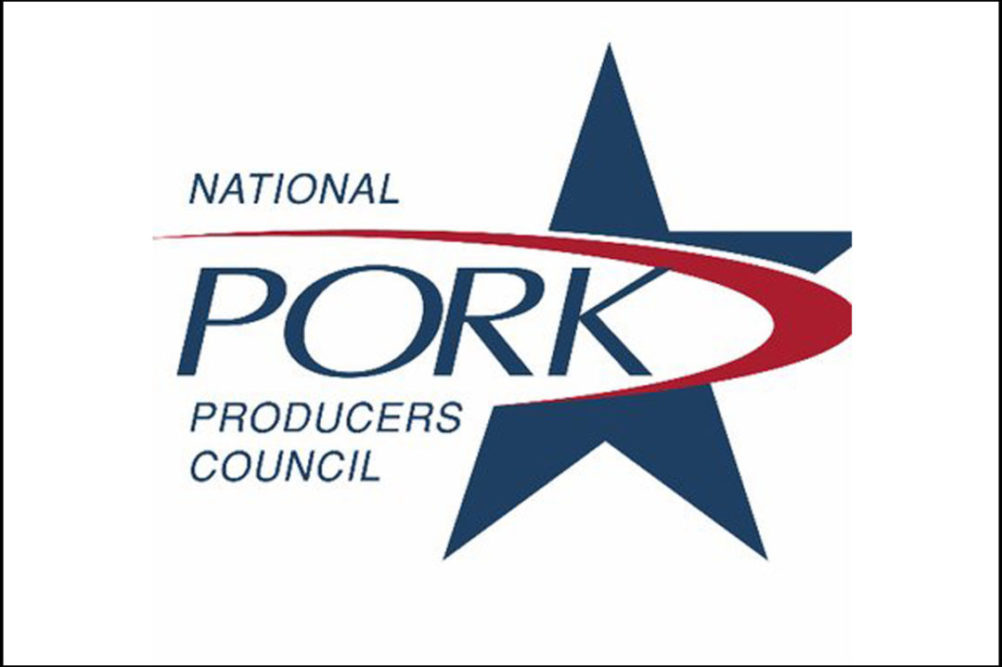WASHINGTON – During its virtual Legislative Action Conference (LAC), held the week of Sept. 14, National Pork Producers Council (NPPC) representatives and its members urged lawmakers to approve a proposed program to provide aid to pork producers suffering from the fallout of the coronavirus (COVID-19) pandemic. Speaking on behalf of the pork industry were Collin Peterson (D-Minn.), who is the Agriculture Committee chairman, as well as Representative David Rouzer (R-NC), and Burke Healey, DVM, the US Department of Agriculture’s Animal and Plant Health Inspection Service chief veterinary officer.
Besides requesting aid for producers, NPPC officials implored lawmakers to also make protection of US ports and safe shipments of products into the country a priority, especially in light of the recent discovery of African swine fever (ASF) in Germany.
“The considerable economic contributions of a highly competitive, innovative US pork production system, as well as the livelihoods of thousands of hog farmers, are at risk without effective solutions to multiple challenges facing our producers,” said Howard Roth, NPPC president and a hog producer based in Wauzeka, Wis. “US pork producers are already suffering considerable losses due to the impact of the COVID-19 pandemic, and cannot afford another catastrophic blow should African swine fever or other foreign animal diseases enter our country.”
To prevent the spread of ASF or any animal disease, NPPC officials advocated funding programs bolstering security at ports of entry into the United States, funded by Agricultural Quarantine Inspection (AQI) program user fees, which have decreased in the wake of the pandemic.
“Without a prompt resolution, there will be an estimated $630 million shortfall in AQI funding through the end of fiscal year 2021. It is imperative that this funding shortfall be addressed to protect the US swine herd and all of agriculture from foreign animal and plant diseases,” Roth added.
NPPC’s COVID-19 assistance proposal also included:
- compensation for euthanized and donated hogs;
- additional funding for animal health surveillance and laboratories;
- modification of the Commodity Credit Corporation charter to ensure the pandemic issues warrant national emergency funding;
- additional funds for direct payments to producers without restriction and;
- extension and increased accessibility among producers to the Paycheck Protection Program (PPP).


